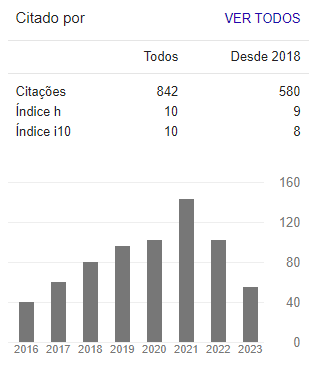FRONTEIRAZ 34 CHAMADA PRORROGADA
FRONTEIRAZ 34
DESLOCAMENTOS LITERÁRIOS : A LINGUA PORTUGUESA EM MOVIMENTO
Nos seus próprios processos de conformação, as literaturas em língua portuguesa caracterizam-se pelo movimento e pela porosidade das fronteiras: errâncias, peregrinações, épicas náuticas, viagens por terras e sertões, migrações, e outras derivas constituem constantes incontornáveis de todas as épocas e géneros. O português, também no que concerne à sua vertente literária, configura-se num contexto de crescente globalização como língua em trânsito, não só no mero sentido de representação geográfica.
Com essas premissas, desejamos explorar os múltiplos deslocamentos protagonizados pelas literaturas em língua portuguesa, na perspectiva de um aprofundamento da sua tendência para a mobilidade e a projeção global. Concebemos a noção de deslocamento na sua mais ampla abrangência semântica, aproveitando o conceito de desterritorialização (Deleuze-Guattari 1972 e 1980) como lugar de elaboração e reconfiguração dos sentidos e das formas expressivas. Adquire um relevo especial a observação de migrações e trânsitos forçados que se verificaram e verificam tanto entre os países de língua oficial portuguesa, quanto entre países lusófonos e não-lusófonos, e que tornam estes espaços cada vez mais propícios à formulação de novas produções de localidade (Appadurai 1996).
Para além da conceptualização de espaços e mobilidades transgeográficas, no contexto atual, o deslocamento também cria abertura para a circulação das ideias, das formas artísticas, das influências socioculturais. Os textos circulam entre épocas e culturas diferentes, sofrendo adaptações, alterações e ressignificações; ideias e modelos culturais dinamizam-se numa contínua negociação entre conteúdos simbólicos de que a recente efeméride dos cem anos do modernismo paulista é um testemunho.
A literatura, o cinema, a música, as artes plásticas, figurativas e performáticas podem responder a estas solicitações de várias maneiras, por exemplo através do esbatimento entre as fronteiras semióticas, criando novos lugares híbridos de expressão e experiência. Os estudos interartes apresentam neste debate uma abordagem adjuntiva, inovativa e fértil, para pensar as relações entre diferentes formas expressivas em diferentes contextos culturais sob o signo de deslocamentos que, ao lutar ativamente contra barreiras de medium (Ryan 2021), género, código, e outros limites, proporcionam novas pontes comunicativas.
Finalmente, o deslocamento, seja qual for a sua declinação, nunca está isento do contato com a alteridade, que pode ocorrer de forma mais ou menos traumática e que se configura como experiência e ultrapassagem do limite. Por consequência, pode haver a necessidade de repensar ou renegociar a própria condição do eu, especialmente numa época que testemunha o fechamento do sujeito dentro das suas próprias fronteiras (Han 2018).
Neste sentido, serão bem recebidas as propostas que abordem temáticas como: migração, exílio, êxodo, viagem, trocas culturais nas literaturas em português; ou explorem diálogos interartes, transgenológicos, multimodais, transmidiáticos, e outras possibilidades relacionais, na lusofonia.
Lembramos que as seções de “Ensaios” e de “Resenhas” têm fluxo contínuo, independentemente da temática em pauta para a seção de “Artigos”. Para mais detalhes, consultar as normas de edição em “Diretrizes para autores” no endereço http://revistas.pucsp.br/fronteiraz.






 Este obra está licenciada com uma Licença
Este obra está licenciada com uma Licença 